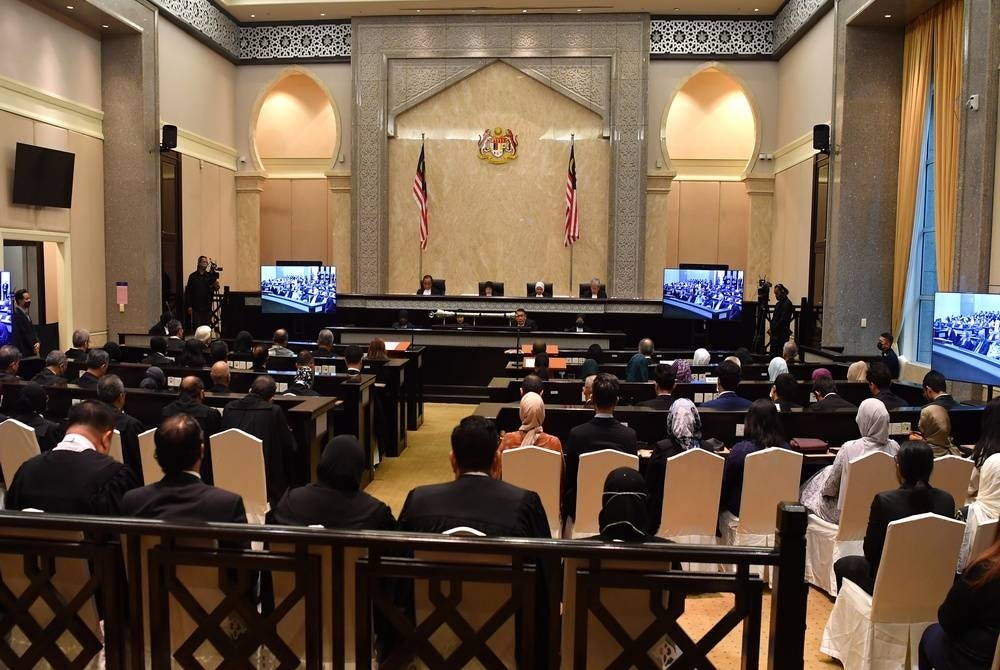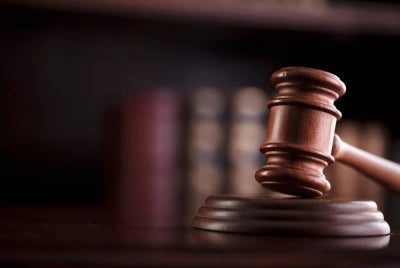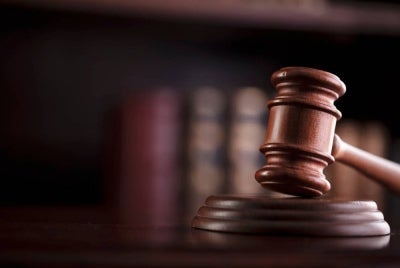Provide protection for whistleblowers, C4 says

SHAH ALAM - The Centre to Combat Corruption and Cronyism (C4) establishes cooperation with a number of entities including the Federation government to urge the amendment of the protection law for whistleblowers in Malaysia.
Founder and Executive Director of C4 Centre Cynthia Gabriel said that the step was crucial to ensure that whistleblowers on corruption and abuse of power were given a solid and adequate protection.
“It aims to revamp the complain channel so that it can be expanded beyond enforcement agencies and this shall gain more trust for the justice system.”
“Remember Tan Sri Azam Baki’s case at the Malaysia Anti-Corruption Commission (MACC) where the complainant faced court for defamation case,” she reminded the Rasuah Busters.
Before this, The Whistleblower Protection Act 2010 (Act 711) was applied on 6 May 2010 after it was passed in Parliament.
Among others, the Act provides for whistleblowers namely the protection of their confidential information, protection against harmful actions as well as immunity from civil and criminal actions that they may face after making disclosures to enforcement agencies.
Cynthia added that the structural change was necessary because it would bring justice to the whistleblower.
"It will thus lead to the right to report and to get the proper justice," she said.
She added that the C4 Centre's proposal on the matter was now in its final phase and called for an urgent debate in Parliament.
"This amendment should be debated in Parliament as soon as possible before the 15th General Election (GE15)," Cynthia insisted.
Previously, lawyer Mohamed Haniff Khatri Abdulla was of the view that any information regarding corruption and abuse of power should be reported to the authorities instead of being publicly disclosed on social media as such actions are illegal.
He said all information obtained involving the two issues of interest should be made to the authorities especially the MACC.
Haniff said even if there were those who do not believe in the credibility or transparency of the MACC to perform its duties, as citizens who adhere to the law it is their responsibility to comply with the decrees outlined by the Constitution.
Download Sinar Daily application.Click Here!














